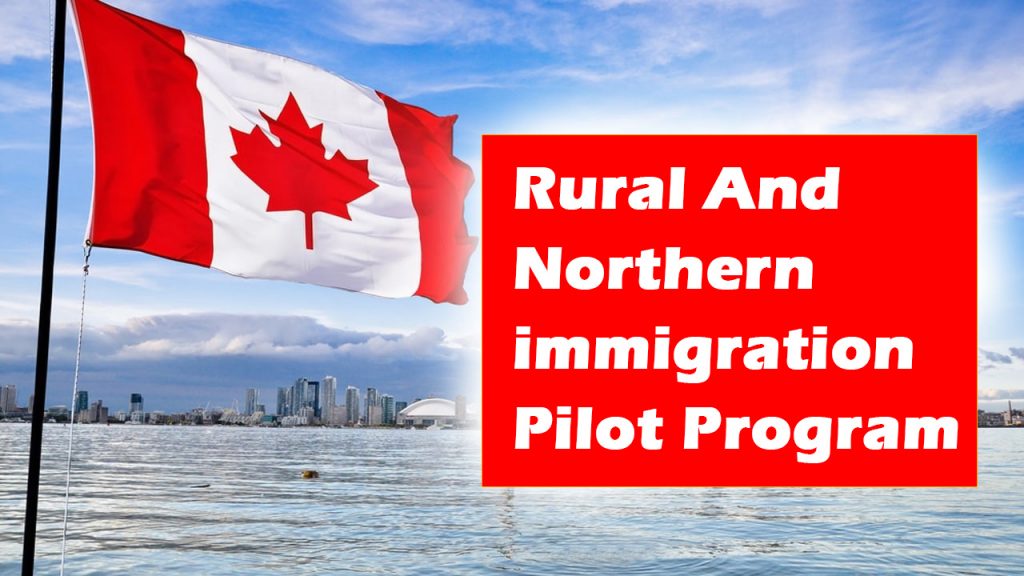
The Rural and Northern Immigration Pilot is program where the government of Canada helps in attracting foreign skilled workers to rural and northern communities, to further the objectives of economic development in these areas. The program helps in foreign workers in applying for permanent residence and integrating with rural communities.
The program is driven by local communities, where they register with the Canadian government and help to create an amiable environment for immigrants. This helps in furthering the objective of labour market growth and economic growth in these communities.
Interested skilled workers need to satisfy the following criteria to be eligible for immigration through this program.
The applicant needs at-least 1 year of full-time or part-time jobs (equivalent to 1560 hours) over the past three years from the date of application. The work must be done as per the NOC, with all essential duties and most of the main duties being performed.
The hours worked must be in one occupation but can be with different employers, over a minimum period of one year, inside or outside Canada. If the applicant has worked inside Canada, then he should have had a valid temporary licence to work.
The job done must be paid in nature so unpaid, internships and volunteering work do not count. Work done as a self-employed individual does not count
The candidate must satisfy the minimum language requirements as per the applicable NOC category of the job:
o NOC level 0 or A: CLB level 6/ NCLC level 6
o NOC level B: CLB level 5/ NCLC level 5
o NOC level C and D: CLB level 4/ NCLC level 4
The candidate must appear for an approved language test based on the language from the following:
English
- Canadian English Language Proficiency Index Program (CELPIP): The test taken should be the General test and not the General-LS test.
- International English Language Testing System (IELTS): The test should be taken in the General training format and not the Academic format.
French
- Test d’évaluation de français (TEF): The test results should prove the candidates written and oral communication skills.
- Test de connaissance du français (TCF): The test results should prove the candidates written and oral communication skills.
The results for the test must not be more than two years old at the time of application.
The applicant needs to find a full time (with at-least 30 hours of work per week), non-seasonal and permanent job with an employer from in one of the participating communities.
The wage must have a minimum wage as specified by the Job Bank in Canada’s NOC-based guidelines.
The applicant must be competent in performing the duties for the job, and the job must be similar to the work experience that the applicant has, at-most 1 level below or above the work experience as per NOC specifications, except if the job level of experience is D, then the job offered must be at the same level.
- The applicant must have either of the following:
- A degree/ diploma/ secondary/ post secondary credential from Canada.
- A foreign degree/ diploma/ secondary/ post secondary credential which has been proved to be equivalent to the Canadian counterparts through an Educational Credential Assessment (ECA). Existing ECA reports can be submitted provided they are not more than 5 years old. The ECA should be issued by a designated organization.
-
International students are exempt from the work experience criteria. They need to satisfy the following requirements:
- The student must have a credential from post-secondary program from the community being applied to, which is more than 2 years long where the applicant must have been a full-time student for the full duration.
- The educational credential must have been received not before 18 months from the date of application and at-least 16 months of the past 24 months in the community must have been spent on studies towards that credential.
OR
- The applicant must have a master’s degree or higher with a full-time degree, obtained within the past 18 months before the application.
- The duration of study for the degree must have been completed in the community.
The student cannot apply for the program if more than half of the course duration comprised of English or French language study, or if the program comprised of distance learning courses for more than half its length.
The applicant must have sufficient money to support him/her and family to settle in Canada. If the candidate is either legally able to work in Canadathen he/she does not need to submit the proof of funds. As per the number of family members, the funds required are as follows:
| Number of family members (including those you support who aren’t immigrating with you) | Funds you need (in Canadian dollars) |
| 1 | $8,722 |
| 2 | $10,858 |
| 3 | $13,348 |
| 4 | $16,206 |
| 5 | $18,380 |
| 6 | $20,731 |
| 7 or more | $23,080 |
The funds must be readily available (so money in the form of non-liquid assets such as real estate do not qualify). Money present with spouses can also be counted. Official letters of authorization from banks and other institutions are counted as proof of funds.
- The candidate must have a recommendation from one of the communities participating in the pilot.
- The recommendation from a community is based on a number of factors such as: intent to live in the community, economic needs in the community, work experience and skills as well as the nature of ties the applicant has within the community.
- Since the program is a community-driven initiative, the communities work on several fronts to integrate new settlers:
- Communities match candidates with the right jobs and assess the fitness of candidate based on the competence, job requirements in the community and other factors.
- The communities also help in easing the process of settlement for the immigrants by connecting them with local leaders and settlement service organizations.
- The participating communities in the pilot are:
- North Bay, ON
- Sudbury, ON
- Timmins, ON
- Sault Ste. Marie, ON
- Thunder Bay, ON
- Brandon, MB
- Altona/Rhineland, MB
- Moose Jaw, SK
- Claresholm, AB
- Vernon, BC
- West Kootenay (Trail, Castlegar, Rossland, Nelson), BC


